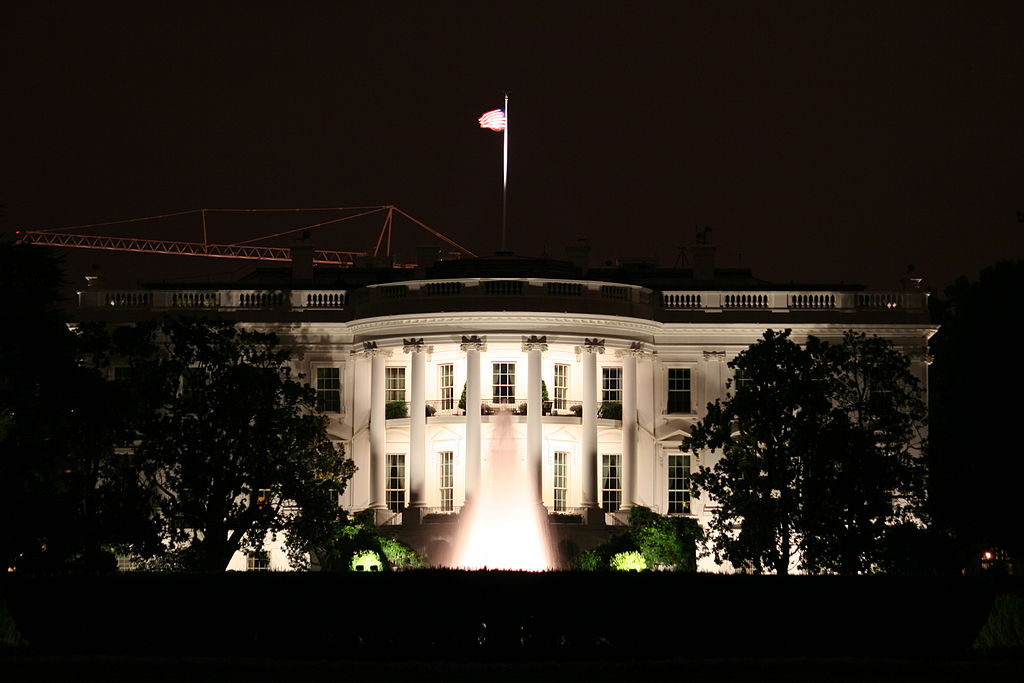On the Legality of Killing UBL Even If He Was Unarmed (and On the Title 50 Issue)
Director Panetta appeared on PBS Newshour yesterday, and spoke to the question of whether this was a situation in which SEAL Team Six was merely to use force as a last resort in self-defense. As Ben notes below, Panetta already had stated to Brian Williams that the team's ROE permitted lethal force (though of course not in the event of his surrender). On Newshour, Panetta elaborated:
JIM LEHRER: What did you find out then or since about
Published by The Lawfare Institute
in Cooperation With

Director Panetta appeared on PBS Newshour yesterday, and spoke to the question of whether this was a situation in which SEAL Team Six was merely to use force as a last resort in self-defense. As Ben notes below, Panetta already had stated to Brian Williams that the team's ROE permitted lethal force (though of course not in the event of his surrender). On Newshour, Panetta elaborated:
JIM LEHRER: What did you find out then or since about whether or not Osama bin Laden said anything to the American SEAL commandos? LEON PANETTA: To be frank, I don't think he had a lot of time to say anything. It was a firefight going up that compound. And by the time they got to the third floor and found bin Laden, I think it - this was all split-second action on the part of the SEALs. JIM LEHRER: Was Osama bin Laden armed? Was he shooting back at the SEALs? LEON PANETTA: I don't believe so. But obviously, there were some firefights that were going on as these guys were making their way up the staircase in that compound. And when they got up there, there were some threatening moves that were made that clearly represented a clear threat to our guys. And that's the reason they fired. JIM LEHRER: And they had orders to fire. In other words, it was clear - it was fine with the United States government that they went in and shot this guy, right? LEON PANETTA: The authority here was to kill bin Laden. And obviously, under the rules of engagement, if he had in fact thrown up his hands, surrendered and didn't appear to be representing any kind of threat, then they were to capture him. But they had full authority to kill him.(emphasis added). Of course, it's quite silly to debate whether the circumstances of the operation suggest that the US government claimed authority to kill UBL only pursuant to an arrest. Clearly the US government claimed much broader authority:
JIM LEHRER: Was there a temptation to not take that risk with troops and go ahead and just bomb the place with drones or something else? LEON PANETTA: We looked at several options that were discussed by the president and by the national security team. And one of those was a B-2 bombing attack that would just blow the place up. The problem with that is that it involves some serious collateral damage. And the president decided against that.Now, what if someone argues that UBL should not have been shot if he was unarmed as Panetta says? Well, there is a substantial difference between saying that someone surrendered--which would indeed preclude shooting him even if one accepts the IHL model) and saying that someone turned out to be unarmed. First, UBL was targetable based on his status alone, not just his conduct at the moment, so long as he had not surrendered (just as a bomb may be dropped on the quarters of enemy soldiers (and their commanders) while they sleep, unarmed). There is no obligation in combat, under IHL, to say to an otherwise lawful target "surrender or we'll shoot." Second, even if one thinks that some amount of immediate-threat necessity must be present before a soldier may shoot at a lawful enemy target, it's easy to see such a standard satisfied in this instance even though it turns out UBL was not armed. As an initial matter, it may be that in the fog of combat the SEALs made a reasonable judgment that he might be armed (the shooting occurred, after all, in the context of a room-by-room sweep of a fortified compound in which there has been intense armed resistance in other parts of the house. And even if the SEALs instead made the split-second jugdment that he neither had a firearm in hand nor immediate access to one, the question is not just about firearms but also the prospect that the whole place (or at least that room) might be wired to explode if only someone could get to the switch in time. Finally, apropos of my post exploring whether the UBL operation was conducted under Title 10 or Title 50 authorities, Panetta was quite clear that it was a Title 50 operation notwithstanding JSOC's role in actually executing the attack:
LEON PANETTA: Since this was what's called a "title 50" operation, which is a covert operation, and it comes directly from the president of the United States who made the decision to conduct this operation in a covert way, that direction goes to me. And then, I am, you know, the person who then commands the mission. But having said that, I have to tell you that the real commander was Adm. McRaven because he was on site, and he was actually in charge of the military operation that went in and got bin Laden
Robert (Bobby) Chesney is the Dean of the University of Texas School of Law, where he also holds the James A. Baker III Chair in the Rule of Law and World Affairs at UT. He is known internationally for his scholarship relating both to cybersecurity and national security. He is a co-founder of Lawfare, the nation’s leading online source for analysis of national security legal issues, and he co-hosts the popular show The National Security Law Podcast.


.jpg?sfvrsn=5a43131e_9)


